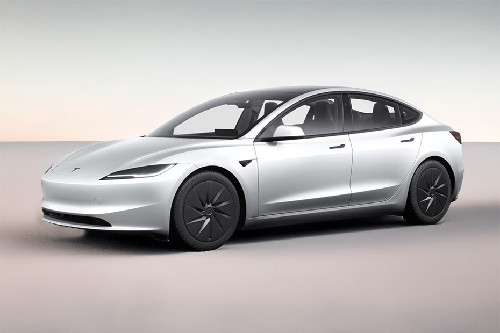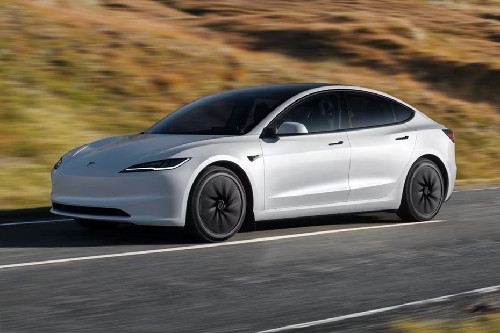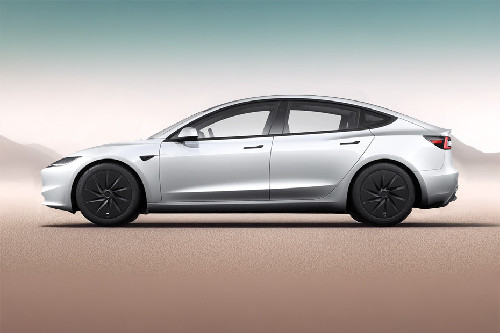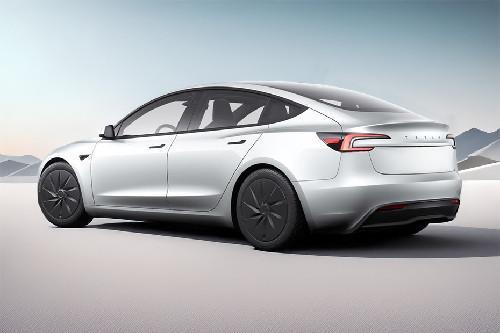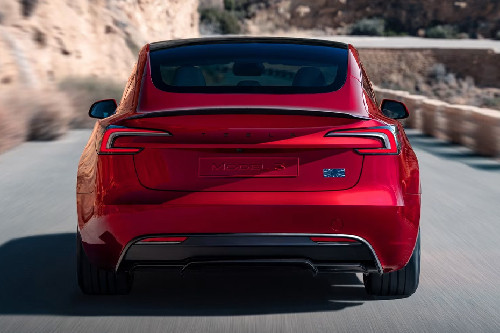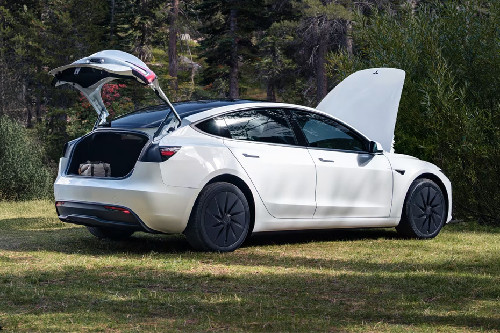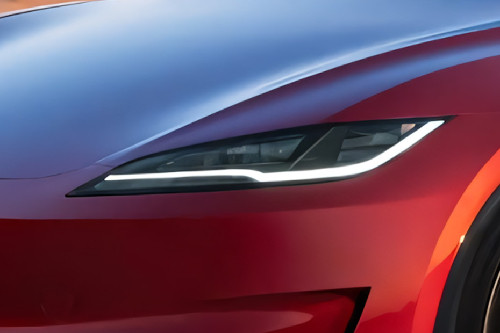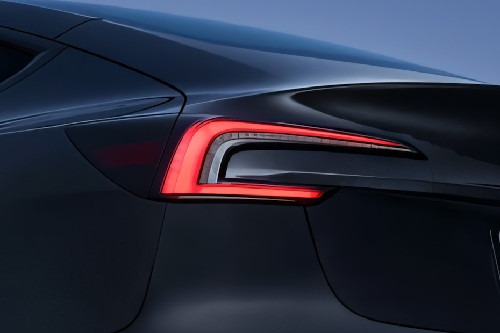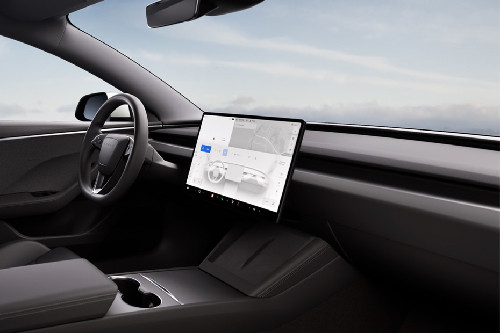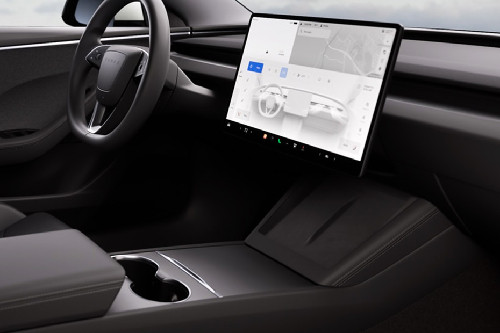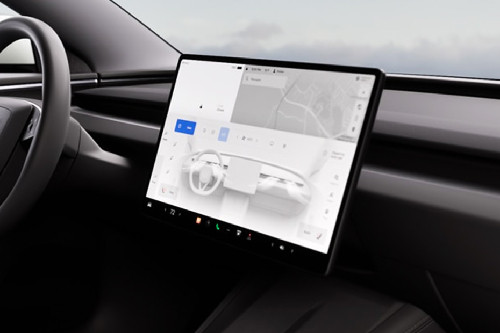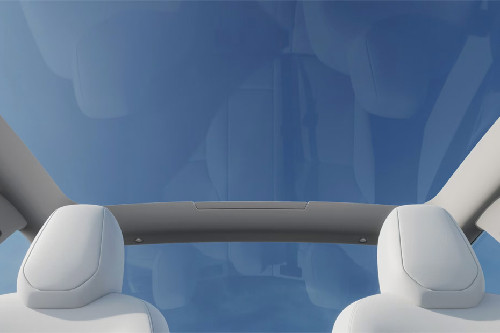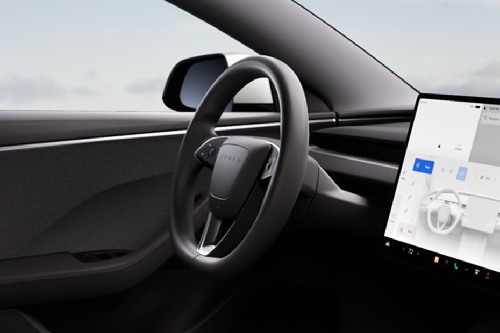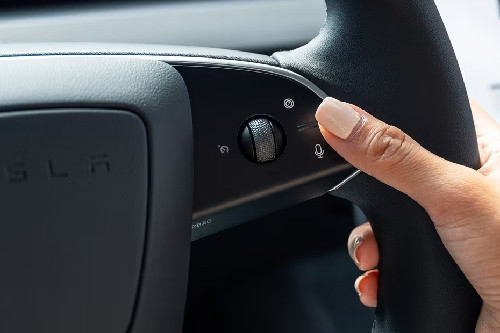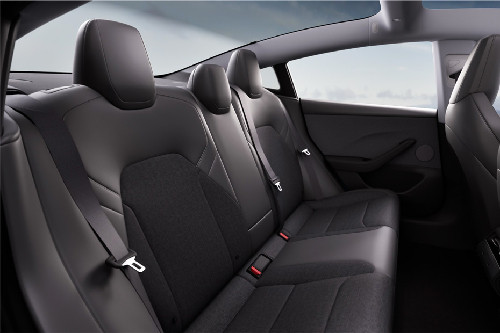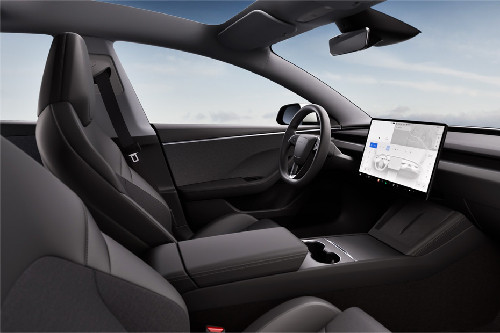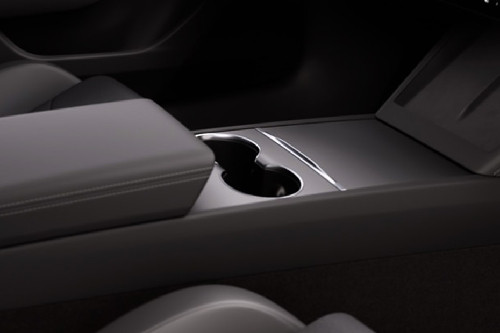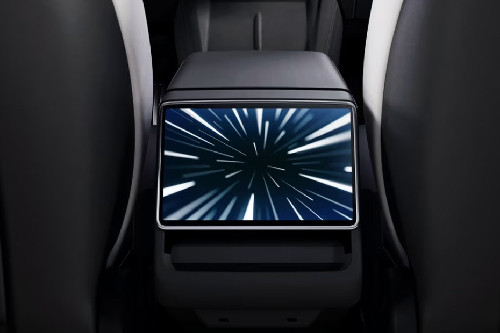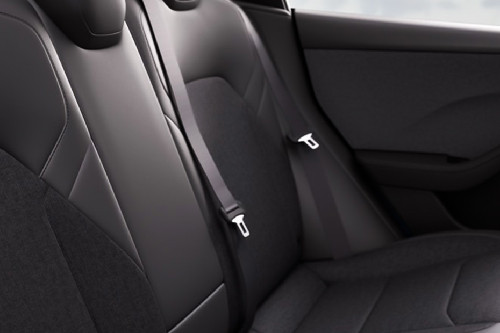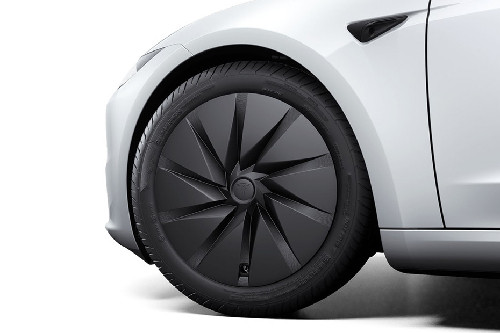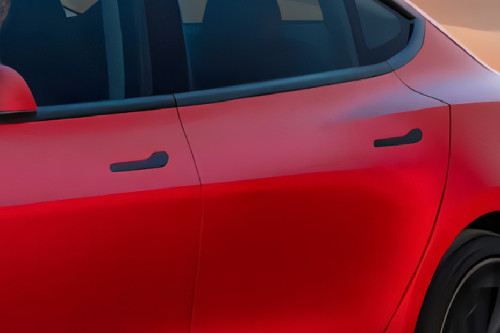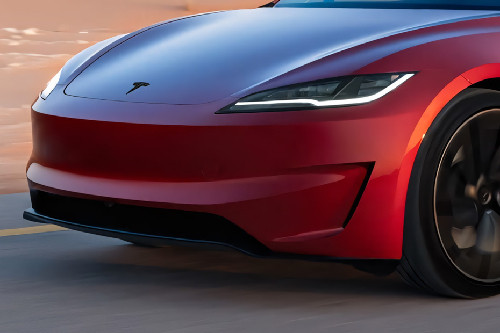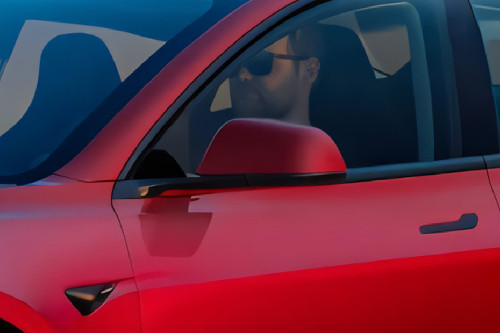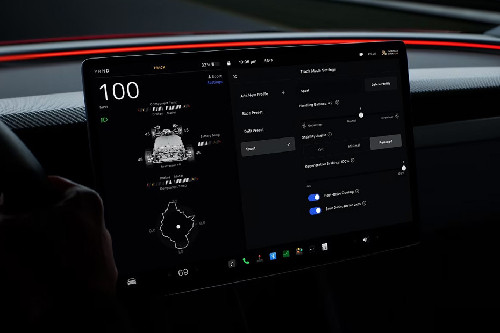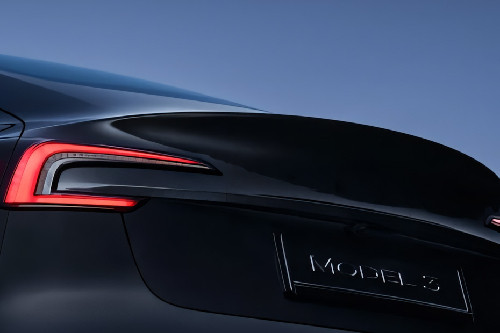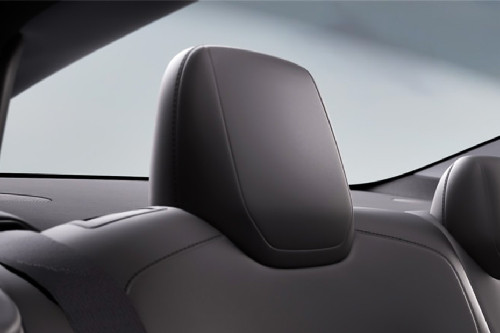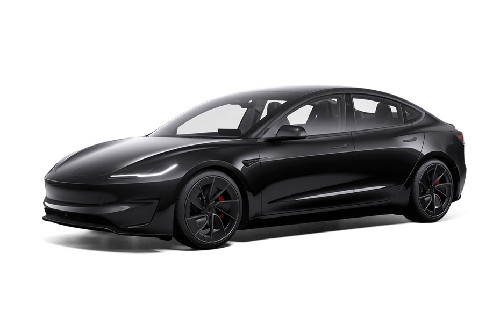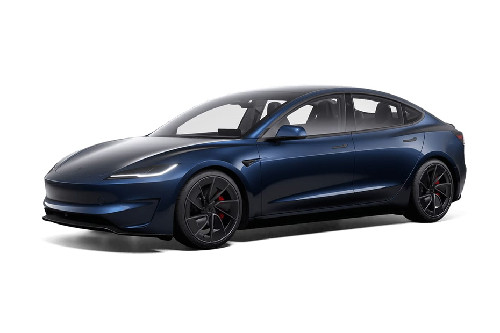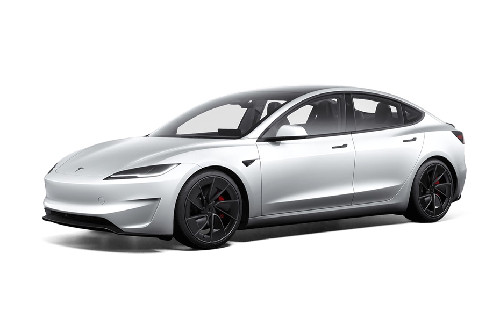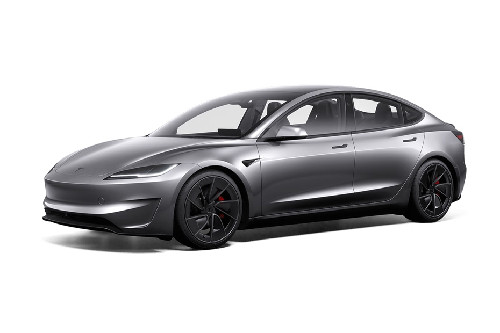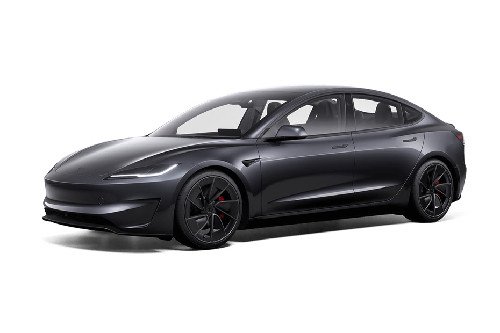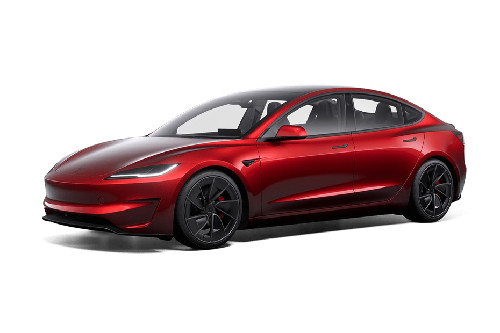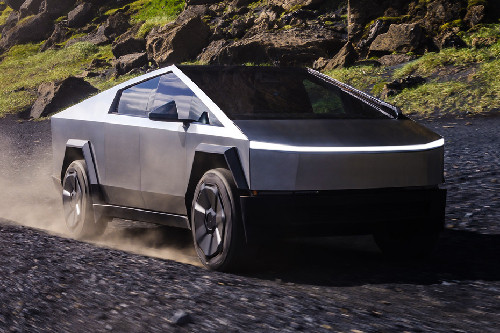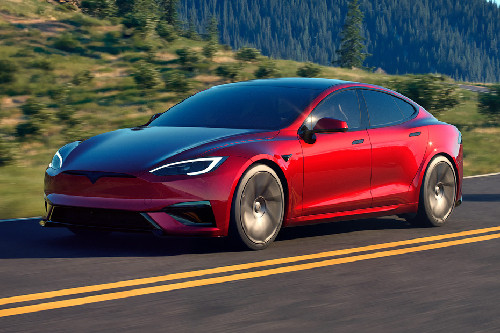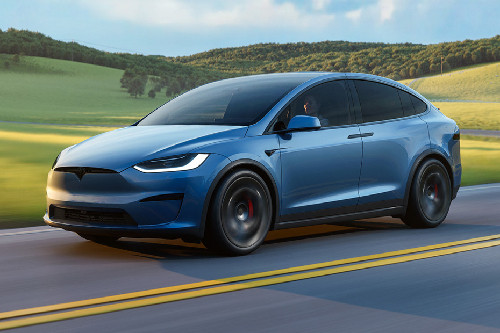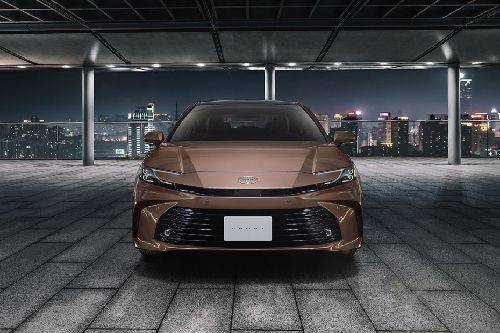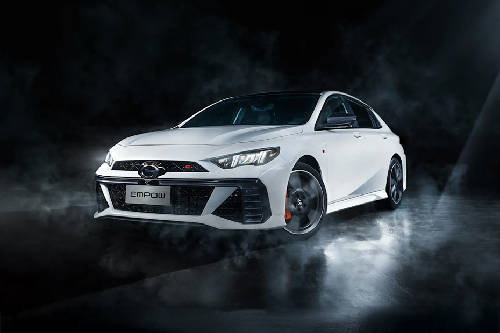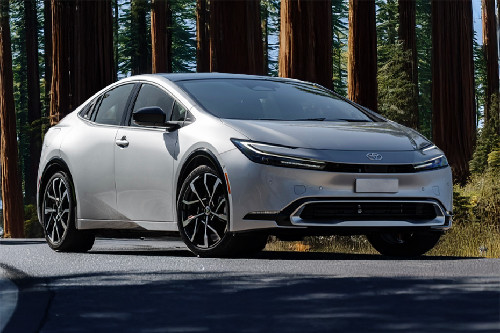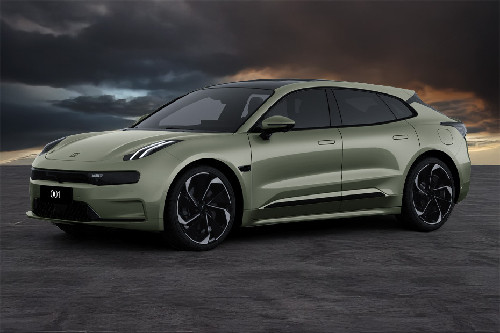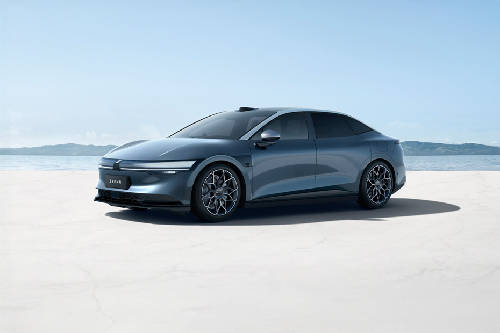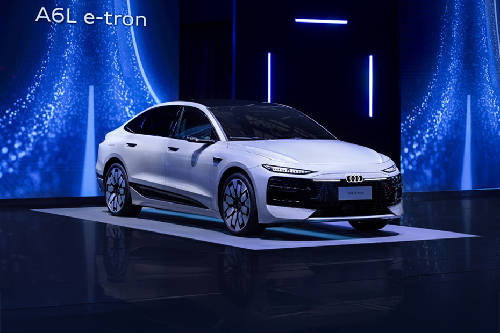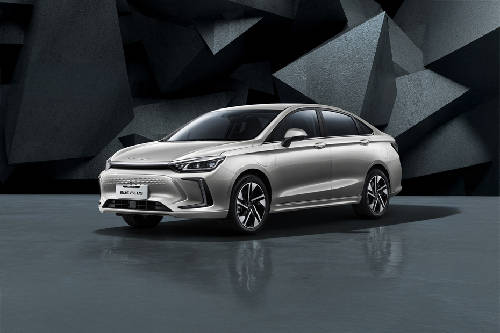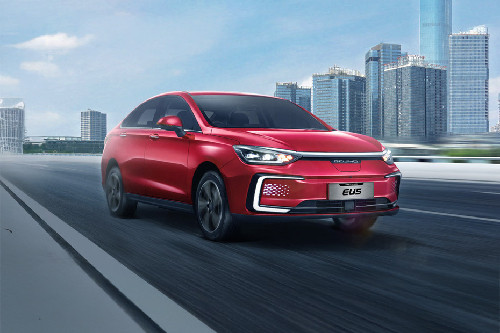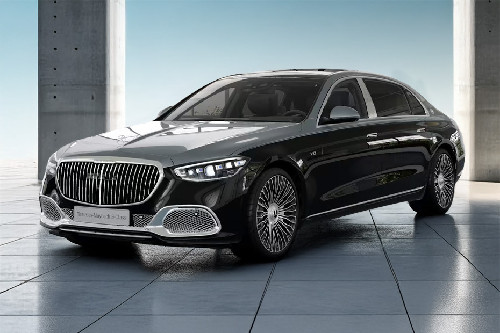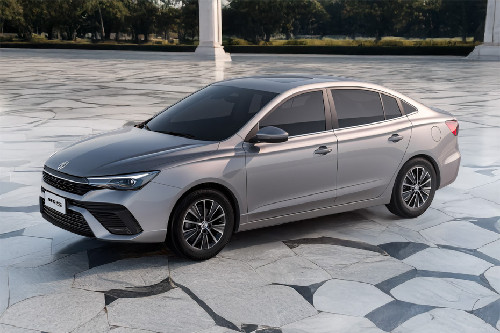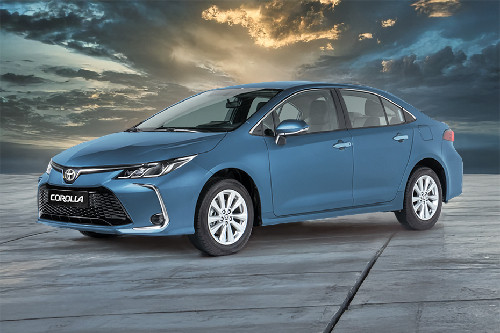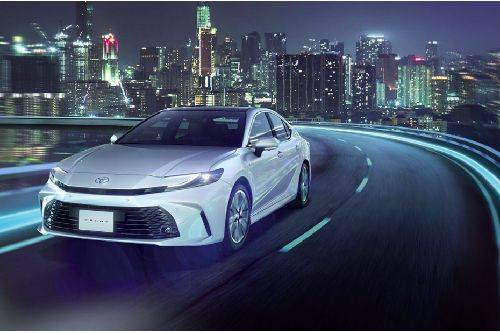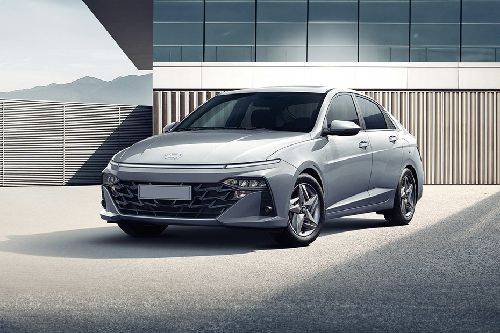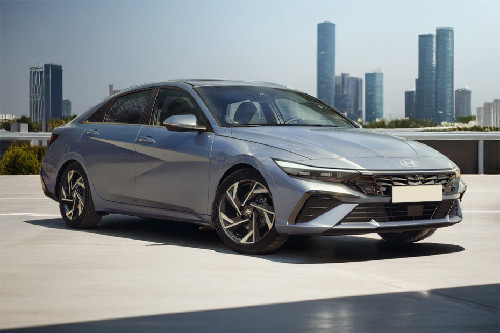Home EV Charging in Dubai: Cost & Installation Guide

Dubai: Electric vehicles are no longer a novelty in the UAE; they are everywhere across the city. It is hard to miss the proliferation of EVs, and this rapid surge is driven by strong government support and fast-growing charging infrastructure. Also, many car buyers are looking at EVs as a superior alternative to conventional cars, and this trend is also instrumental in boosting sales.
KEY TAKEAWAYS
What is the average cost of installing a home EV charger in Dubai?
Between AED 2,500 and AED 7,000, depending on charger type and installation complexity.How much does it cost per kWh to charge an EV at home in Dubai?
Residential charging costs about AED 0.70 per kWh plus VAT.Today, more than ever, charging your EV at home is much simpler and easier than it ever was. With an expanding charging infrastructure and government incentives, installing a home charger is practical, cost-effective and could save you time and money. Once it is done successfully, it is hard to let go of the easy plugging in overnight and waking up to a fully charged car, ready for the day ahead, no more waiting in lines or searching for public stations.
No matter whether you live in a villa or an apartment, home EV charging options are now available for everyday lifestyle; it is convenient and quite enjoyable. We take a closer look at what exactly entails in-home charging, including the cost, use and practicality, everything you need to know for hassle-free home charging in Dubai.
Actually Pay
Let's start with the electricity cost since that's what matters. Charging at home through DEWA costs around AED 0.29 per kilowatt-hour (kWh), compared to petrol at AED 2.00 per litre. A typical electric car travels about 5-6 km per kWh. That means your home charging costs roughly AED 0.05-0.06 per km. A similar petrol car costs around AED 0.25-0.30 per km in fuel. That means you're saving significantly over a conventional car. For over 40,000 km annually, the difference between home charging and petrol is around AED 800-1,000 per year in pure fuel cost.
Installation
It may sound a little confusing from the outset, but frankly, home charging is not that complicated as it might seem. There are multiple options that you can choose from. 
Option 1
Standard Home Socket, which is also and also a lot cheaper. You can plug your EV into any standard household socket using the cable that comes with your car. No installation required, with a short upfront cost. A full charge takes 8-12 hours, depending on the car's battery size. This works if you're home overnight or charge over several hours while you're there. On a more practical note, your home's electrical system handles it just fine. Essentially, it is like you’re running an appliance, just as a washing machine. But for daily use, you'll want something faster.
Option 2
Wall Box Charger, this could be ideal for most EV owners. The typical installation cost would be nearly AED 2,000-4,000, including the charger unit. This is the practical choice for most Dubai homeowners, as a wall box charger is a dedicated unit installed at home, usually in your garage or parking area. It delivers 7-11 kW of power, and a full charge takes about 4-6 hours. Plug in when you get home, wake up with a full battery. What you need, though, your building needs to have sufficient electrical capacity. Most modern villas and apartments do. Before you actually do, check with your building management or DEWA to confirm. Installation needs an approved electrician, and DEWA has a list of certified installers.
The process is rather simple: contact DEWA or a registered installer, they assess your location, install the charger, and ensure it meets Dubai Municipality standards.
Option 3
Fast DC Charging at Home which is expensive and may not be necessary for most car owners. With 150 kW DC chargers existing, but are definitely considered as overkill for the home, they are good for commercial purposes. They're designed for public locations and commercial use, and installation costs are massive, at nearly AED 20,000+. You don't need this unless you're running a taxi fleet.
DEWA Registration
This is considered as an administrative part, and once your charger is installed, register it with DEWA, which is straightforward. The process should be over within a maximum of 3-5 days. You'll need your Emirates ID and vehicle registration. It costs around AED 200-500 for the Green Charger card and setup fees. After registration, your home charging costs are added to your regular DEWA electricity bill at standard residential rates. That's it. No monthly subscription or special EV rates. Just standard electricity pricing.
Tesla Model 3 charging and petrol car fuel costs for Dubai driving
|
Metric |
Tesla Model 3 (Electric) |
Petrol Car |
|
Battery Capacity |
75 kWh |
— |
|
Cost per Full Charge |
AED 21.75 |
— |
|
Range per Full Charge |
150 km |
— |
|
Cost per km |
AED 0.145 |
AED 0.25 - 0.30 |
|
Monthly Distance Driven |
1,500 km |
1,500 km |
|
Monthly Fuel/Energy Cost |
AED 217.50 |
AED 375 - 450 |
|
Monthly Savings |
— |
AED 150 - 230 |
|
Yearly Savings |
— |
AED 1,800 - 2,760 |

Unlike any other region outside of the Middle East, summer in Dubai is intense, which affects charging. Generally, it is proven that heat degrades battery efficiency. A Tesla Model 3 that gets 150 km in winter might get 130-135 km in July or August due to air conditioning load and heat losses. This is real, but not hard to manage. You're still saving money versus petrol, and the battery itself is designed for this climate. Modern EVs have thermal management systems. Your home charging station isn't affected by heat; it operates fine year-round.
Public Charging
While Home charging handles 90% of your needs, you can keep public charging as a backup. For example, longer trips or if your home charger isn't available, Dubai has public charging.
DEWA's network spans over 400 charging stations with 740+ charging points across the emirate. They're at malls, petrol stations, residential areas, hospitals, everywhere. Costs at public chargers: AED 0.70/kWh for AC charging, AED 1.20/kWh for DC fast charging (plus VAT). That's slightly higher than home but still cheap. A fast charge (0-80% in 30 minutes) costs around AED 20-30. Finding them is easy. Use DEWA's app, Google Maps, or any of 14 digital platforms showing real-time charger availability.
Long-Term Durability
Looking at a little longer term, one question that comes to mind is whether the charger will last. This is a real doubt, but keep in mind that all modern wall box chargers are designed to last 10-15 years with zero maintenance. They're weather-sealed, handle Dubai's heat and humidity, and manufacturers back them with 5-10 year warranties.
Your EV's battery is even more durable. Most manufacturers guarantee 8-10 years or 200,000 km. A real-world data from EVs in the UAE shows minimal degradation in that timeframe with proper maintenance. It is now well established that DEWA's charging network has been running quite reliably for over a decade, tried and tested. So as far as Dubai city is concerned, the EV infrastructure durability shouldn’t be a concern for buyers.
Apartment vs. Villa Charging
Another differentiation as EV owners have different types of homes in Dubai. The two major ones are villas and apartments. Generally, villas are straightforward, as you have a parking space and electrical access. Install a wall box in your garage or carport.
Apartments are trickier where parking is communal. Your building needs permission and capacity. And so need a proper approach before you find a solution, like contacting your building management first. Many newer Dubai developments already have charging infrastructure planned. If not, work with DEWA and your building to install shared chargers in communal parking. Some apartment residents use the standard socket option until building infrastructure improves.
Cost analysis of home EV charging in Dubai
|
Aspect |
Details |
|
Initial Installation Cost |
AED 2,000 - 4,000 (Wall box + setup) |
|
Annual Fuel Cost Savings |
AED 1,800 - 2,760 |
|
Payback Period |
Less than 2 years |
|
Extra Incentives |
Salik, parking fee exemptions (Dubai initiative) |
|
Maintenance Savings |
Fewer parts, no oil changes, regenerative braking |
|
Overall Benefit |
Significant cost savings plus convenience |
Home EV charging in Dubai is not some future technology that consists of challenges and complexity. Far from it, rather it is better to consider it as practical, affordable, and it works reliably. Installation takes a few days, and operating costs are half of petrol, and the return on your investment is paid back within two years, which is a huge positive. And remember, EV is the future, and eventually everyone will find that as time progresses.
The real decision isn't about cost, it’s about whether you're ready to commit to an electric vehicle. If you are, home charging makes complete sense. If you're uncertain about EVs, rent first. Use public chargers. See how it fits your life. But if you've already bought an EV, get home charging installed, it is not just a sensible financial choice but a practical one.
Conclusion
In summary, it is quite clear that home charging is a great option in Dubai; it is easy to use, cheaper to install, with multiple options to choose from. It is no longer a hassle to use, and you end up saving a considerable amount of money and also driving an environmentally-friendly car. And looking at the overall scenario, home charging is growing rapidly in the city as more and more EV buyers are convinced of the benefits and the advantages. As the government continues to offer incentives and newer EVs make their way into the market, this is going to further accelerate. Overall, it is hard to miss the higher adoption of home charging in Dubai as it is emerging as a preferred, practical choice for EV owners.
-
Explore Tesla Model 3
Tesla Car Models
Don't Miss
Automotive News and Reviews
- Latest
- Popular
You might also be interested in
- News
- Featured Stories
Featured Car
- Latest
- Popular
Compare & Recommended

|
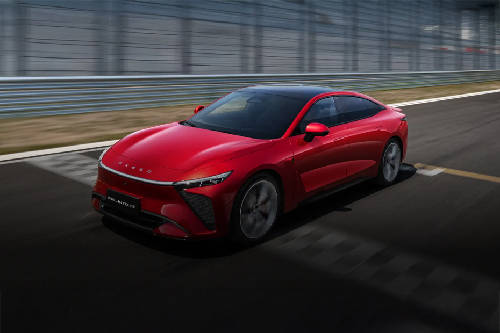
|
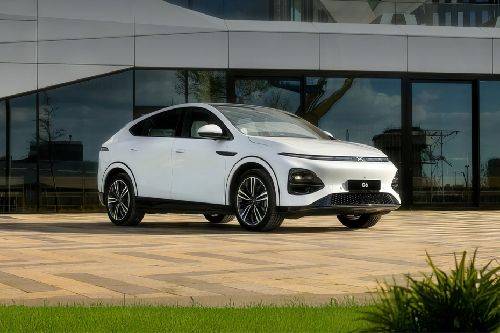
|
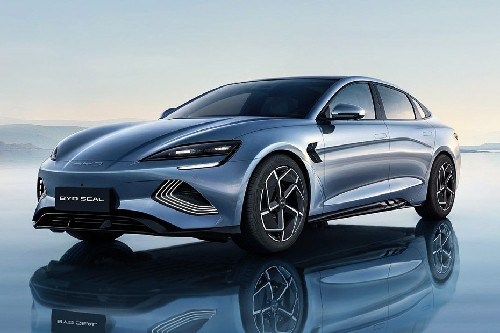
|
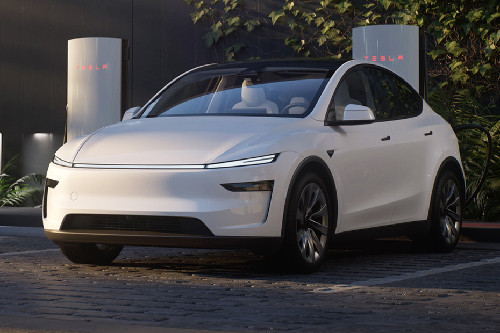
|
|
Transmission
Automatic
|
Automatic
|
Automatic
|
Automatic
|
Automtic
|
|
Power
-
|
261Hp
|
258Hp
|
308Hp
|
-
|
|
Torque
-
|
660Nm
|
440Nm
|
360Nm
|
-
|
|
|
Trending Sedan
- Latest
- Upcoming
- Popular

